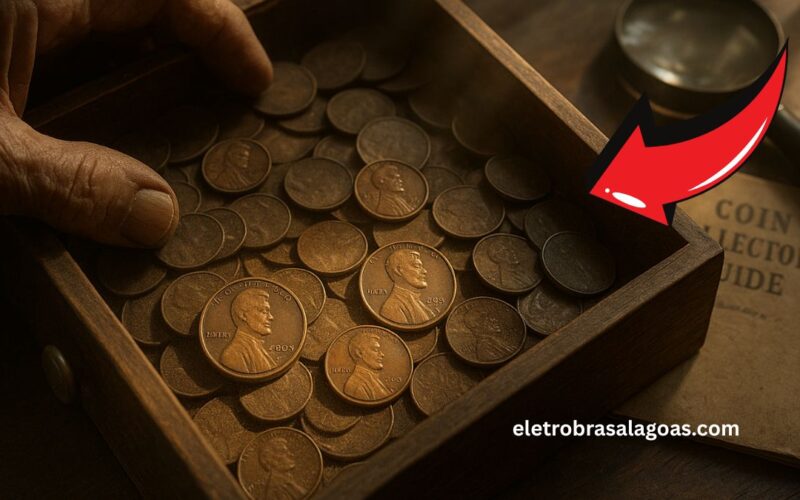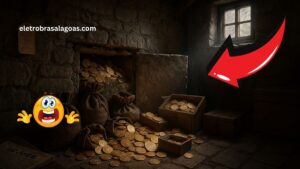If you’ve ever wondered, “Could my old penny be worth money?”, you’re not alone. From error coins like the 1943 copper penny to ultra-rare key dates such as the 1909‑S VDB, these once-ordinary one-cent pieces can fetch hundreds of thousands—even millions of dollars at auction. Here’s what recent market data and expert insights reveal.
What Makes a Penny Valuable?
- Rarity & Mintages: Coins with extremely low production numbers—like the 1872 Indian Head or 1909‑S VDB—are exceptionally scarce.
- Condition (Grading): Higher grades (MS‑60+) drive huge premiums. Mint State coins shine.
- Mint Errors & Varieties: Unexpected compositions (e.g., 1943 bronze, 1944 steel), doubled dies, and small date mintmarks.
- Historical Significance: Coins minted during war years or transitional periods hold enduring collector interest.
Most Valuable Pennies Today
| Penny Type & Year | Key Feature | Recent Auction Value |
|---|---|---|
| 1943‑D Bronze Lincoln | Bronze instead of steel — mint error | $2.3 million |
| 1909‑S VDB Lincoln | Low-mintage San Francisco issue | $1.2 million |
| 1914‑D Lincoln | Rare Denver mint penny | $420,000 |
| 1914‑S Lincoln | San Francisco mint, key date | $330,000 |
| 1864 Indian Head “L” | Designer initial on ribbon | $92,000 |
| 1872 Indian Head | Very low survival rate (~5,000 pieces) | $15,000 |
| 1877 Indian Head | Lowest mintage key date | $100,000 |
| 1955 Doubled Die Lincoln | Prominent date doubling error | Rare, sells in the five figures |
| 1943 Copper Wheat | Steel era copper penny error | Up to $329,000 |
| 1944 Steel Penny | Mistaken steel instead of copper | $30,000–$408,000 |
How to Spot a Valuable Penny
- Check the Date & Mintmark – Look for rare years or mint marks like S (San Francisco) or D (Denver).
- Inspect Composition – 1943 should be steel—not bronze or copper.
- Examine Varieties – Doubled dies (1955), small date 1982‑D, designer “L” mark, etc.
- Assess Grade – Crisp details, original luster, minimal wear.
- Seek Professional Grading – PCGS, NGC authentication boosts value.
Why Values Are So High
- Escalating Auction Prices: The 1943 bronze penny skyrocketed from ~$40k in the 1950s to ~$329k today.
- Growing Collector Demand: Historical coins—especially wartime issues and design-transition pieces—have global appeal.
- Certified Trustworthiness: Buyers are willing to pay premiums for professionally authenticated coins.
Your dusty old penny could be worth a small fortune—if it’s one of the rare, error, or key-date varieties collectors chase.
From six-figure auction results to iconic pieces breaking the million-dollar mark, age, mint mark, metal, and condition all matter. Next time you find an old penny, check it carefully—it might just be the treasure of your life.
FAQs
What penny might be hiding a secret fortune?
Look for 1943 bronze, 1909‑S VDB, 1955 doubled die, or 1944 steel pennies—these are collector favorites.
How much can a rare penny fetch?
Values range wildly—from $10,000 for high-grade varieties to over $1 million for top-tier rarities like the 1943 bronze or 1909‑S VDB.
Should I get an old penny graded?
Yes. Professional grading authenticates the coin and certifies its condition, which can dramatically increase its value.



